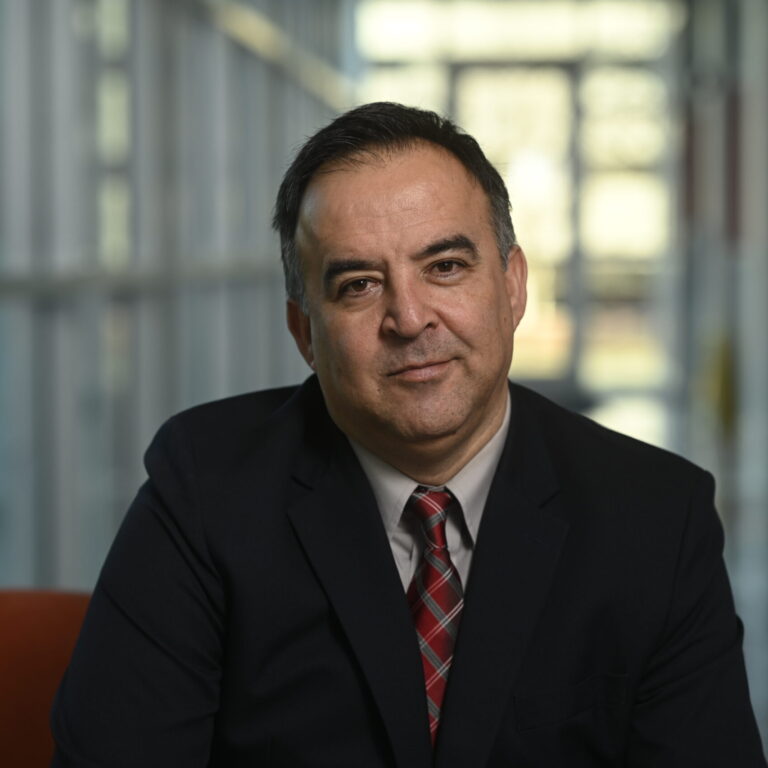Levent Atici
Associate Vice Provost, Office of University Interdisciplinary Programs, Sociology and Anthropology
he/him/his
College of Humanities and Social Science
Bio
Levent Atici is associate vice provost for student-centered interdisciplinary initiatives at NC State University. His primary responsibilities include integrating, connecting, supporting, and scaling up existing interdisciplinary programs; supporting faculty in developing the skills to connect and integrate across disciplines; and working to prepare graduate students and other early-career scholars for the long-term future regarding technology and global and social changes, including training in concert with undergraduate programs.
Atici is also a professor of anthropology and archaeology with technical expertise in zooarchaeology, the study of hard animal tissues excavated from archaeological sites. Atici earned a Bachelor of Arts in prehistory and history of art, and a Master of Arts in archaeology from the University of Ankara, as well as a Master of Arts and Ph.D. in anthropology from Harvard University.
Atici’s research probes relationships between humans, animals, and the environment. More specifically, he focuses on the origins of the food we eat, and the evolution of urban food provisioning systems through integrating and synthesizing data from animal bones, ancient DNA techniques, geochemistry, and cuneiform tablets. He has published extensively on the subsistence economies of last hunter-gatherers and first farmers as well as urban food provisioning in ancient Anatolia (present-day Turkey). He is also co-author of the new book, “Food Provisioning in Complex Societies: Zooarchaeological Perspectives.” He has been awarded prestigious competitive external grants from the Wenner-Gren Foundation and National Geographic Society for his work on food provisioning systems in early cities and on the origins and spread of domesticated animals in Southwest Asia. He also served as PI on a major NSF grant entitled “Enhancing the Transition of COVID-19-Affected Students from Undergraduate to Graduate Careers in STEM through Multi-Year Undergraduate Research Experiences.”
